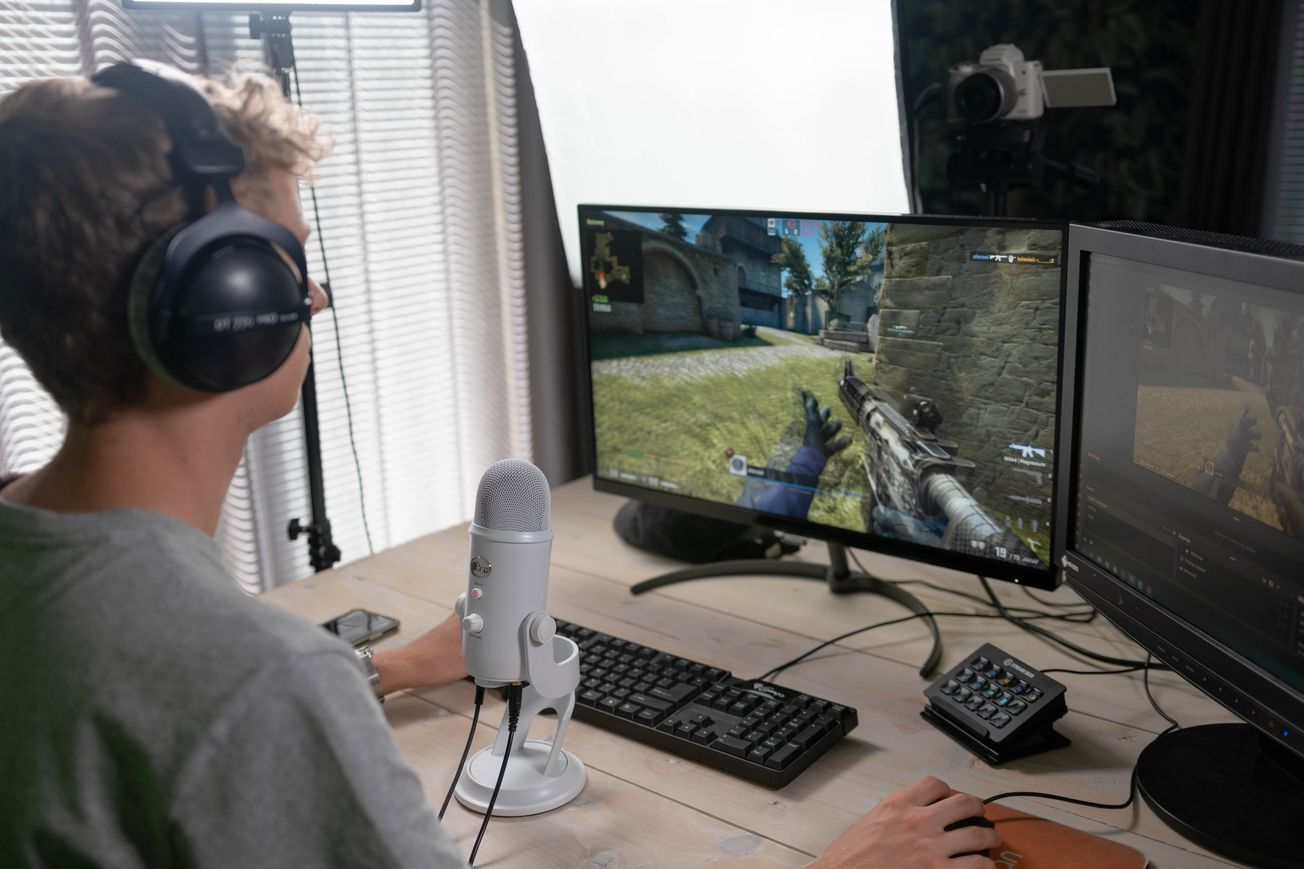By Holly Williams, Second Year, English and Classical Studies
Kaedim, an Artificial Intelligence start-up founded by former Bristol University students, has met its funding goal and has begun development of a revolutionary technology enabling videogames to be created more rapidly compared to usual time frames.
Ever wondered exactly how long it takes to create a new videogame title? In recent years, the release of new triple A titles in already established franchises have seen years or even up to decade between releases, a notable example being Nintendo’s Legend of Zelda: Breath of the Wild 2 or even the eagerly anticipated, yet not officially confirmed, GTA 6.
Established game developers, such as Ubisoft or Activision, often employ multiple game studios to produce main-line titles for their major franchises in an effort to pump out yearly releases to remain relevant in the ever-evolving gaming marketplace. But what if there was a way to reduce the time it takes to develop a new game?

Kaedim, a start-up founded by two former University of Bristol students, has developed a new technology which helps to create digital 3D models, for example destructible objects such as barrels or even scene building entities like buildings and trees, up to 100 times faster. This has the potential to significantly reduce the time it takes to make each individual model as well as the possibility to reduce production costs.
CEO Konstantina Psoma, 22, and CTO Roman Bromidge, 23, are both graduates of the University’s Computer Science and Innovations master programme. They began developing their ideas during their final year at the university and launched Kaedim in February 2020.
Their work was recognised in the University’s new enterprise competition where they won the top prize last summer. They were awarded £10,000 to kick start their company at SETSquared Bristol.
Since then they have been able to meet their new funding goal enabling them to further the development of their programme and increase the number of staff at the company to five.
CEO Konstantina said in an interview regarding the success of the reaching the funding target: ‘We just made a huge step forward with closing this very first funding round. It enabled us to grow our team and we are now ready to start testing and iterating our product with our pilot customers.’
Among these pilot customers is the British game development studio Rebellion who are famous for creating the Sniper Elite franchise as well as developing classic titles such as Call of Duty World at War: Final Fronts for PlayStation 2 and The Simpson’s Game (PlayStation 2, PlayStation Portable and Wii versions).
Kaedim’s technology has the potential to find a happy middle ground where development times are slashed whilst maintaining the same high quality that is expected
Chris Kingsley OBE, the co-founder and CTO of Rebellion himself has joined the board of directors for Kaedim. Other customers include Aardman Animations, the creators of Wallace and Gromit, and large digital developers like Complete Control, Oakfield DC and Super DNA 3D Lab. The interest in the project by these developers reaffirms just how exciting the development that Kaedim have created is.
What does this mean for the industry as whole? The potential to save time and money is certainly something prominent game developers look for in a bid to produce content at a rate which keeps its consumer base satisfied.
Gamers often want products delivered faster but then are quick to complain when a game is released in an unfinished, buggy mess. Kaedim’s technology has the potential to find a happy middle ground where development times are slashed whilst maintaining the same high quality that is expected.
£10 million invested to guide the UK into a greener future
Bristol researchers create data monitoring system to support intensive care units in hospitals
This development is definitely something which fans of videogames and the videogame industry should take note of and will certainly be interesting to watch where it goes next. Who knows, perhaps one day we will be playing a triple A title such as Call of Duty which uses Kaedim’s technology.
Featured Image: Unsplash / AronPW
Are you a video game fan and excited by this new technology?









